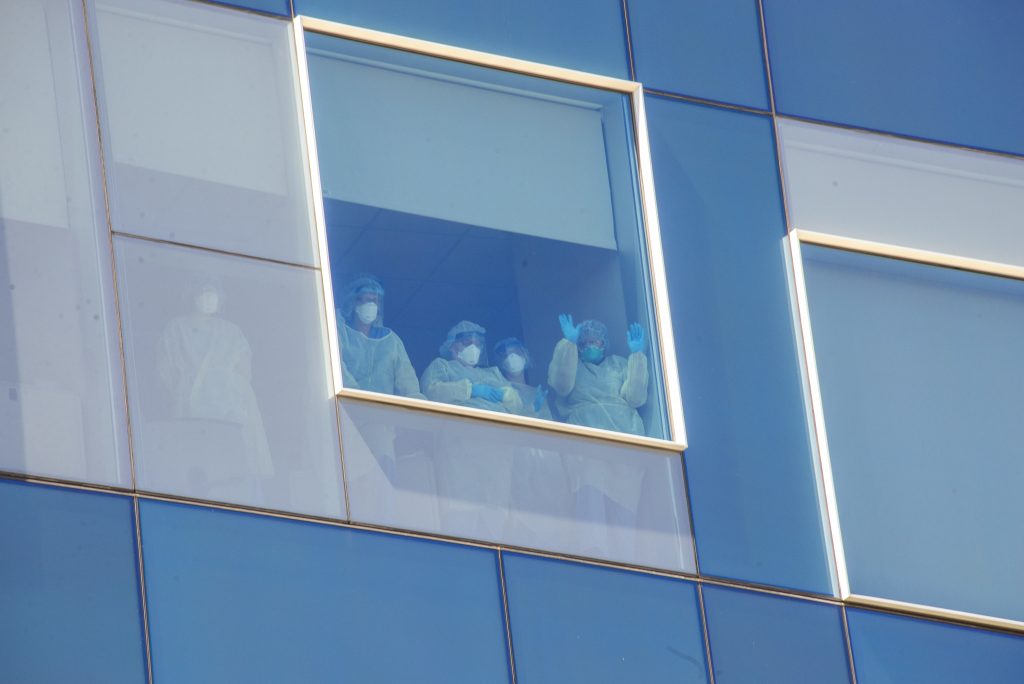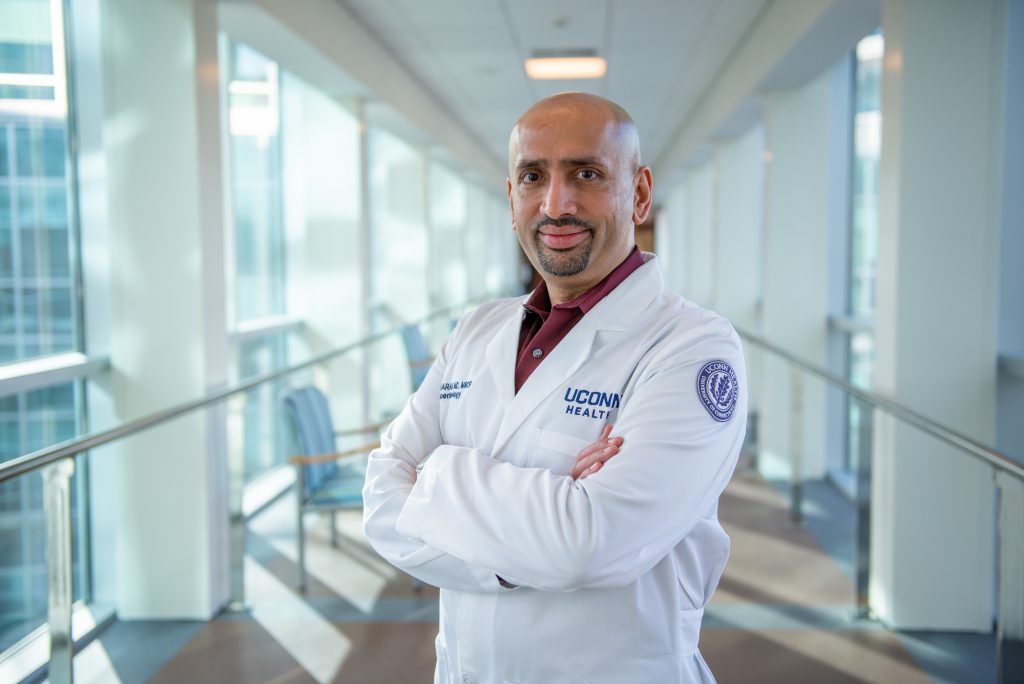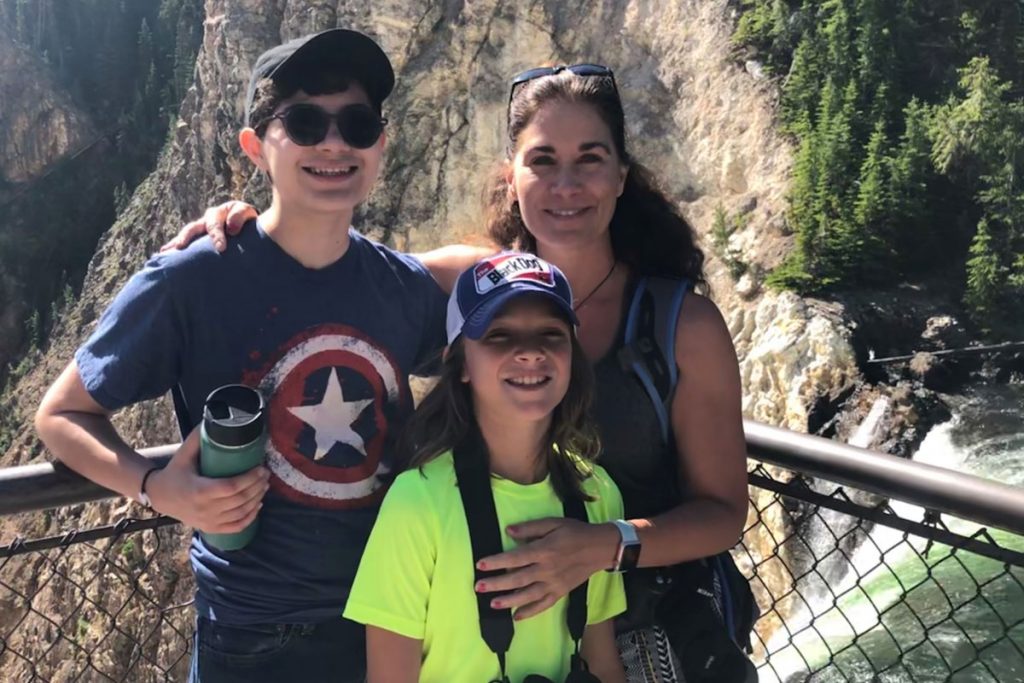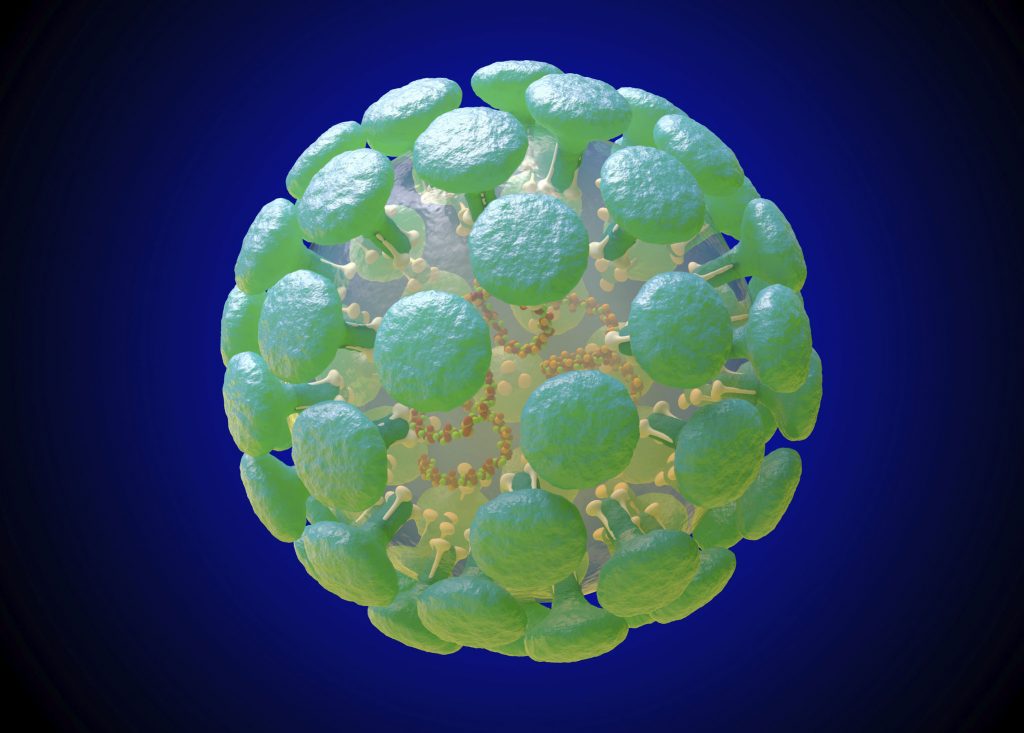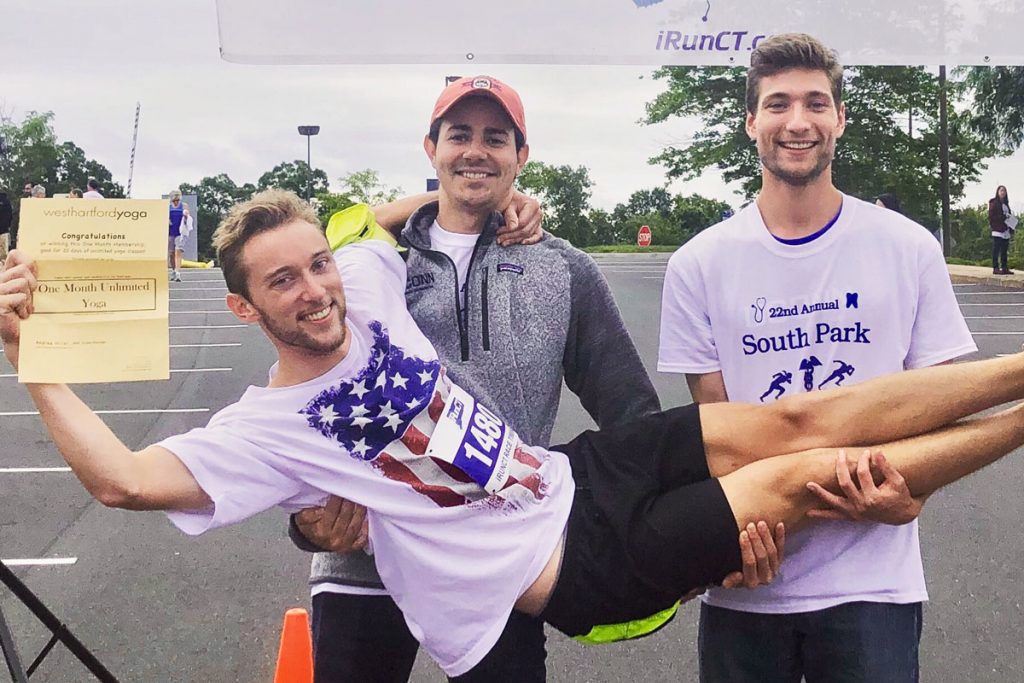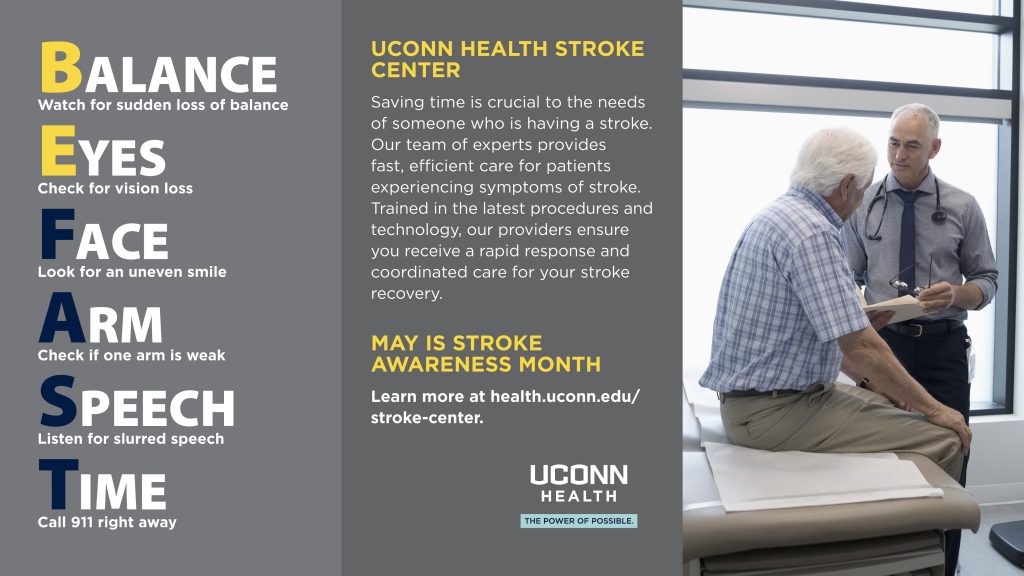School of Medicine
‘White Coats for Black Lives’ Movement
UConn medical and dental students, alumni, residents and faculty are among the estimated 1,000 demonstrators who recently marched in Hartford.
June 11, 2020 | Chris DeFrancesco '94 (CLAS)
Songs of Hope for COVID-19 Front Line Workers
Sing for Hope has lended the voice of one of its singers to help further inspire UConn Health’s front line health care workers battling COVID-19 at UConn John Dempsey Hospital.
June 11, 2020 | Lauren Woods
National Recognition for UConn Health Faculty
UConn Health and its faculty have been applauded on the national stage for their accomplishments. The most recent accolades include: Dr. Marja Hurley elected to Positions within Multiple Associations Dr. Marja, Hurley, Professor of Medicine and Orthopedics, has been elected 2020 Chair of the Oversight Board of the National Institutes of Health/ National Institutes of […]
June 10, 2020 | Jennifer Walker
2020 Best Doctors Named by Connecticut Magazine
Forty seven UConn Health physicians have been named to Connecticut Magazine's 2020 Best Doctors list.
June 9, 2020 | Lauren Woods - Schools of Medicine and Dental Medicine
Graduating to New Goals This Season
Dr. Rebecca Andrews, UConn Health primary care physician, is among those running the UConn Health Half Marathon. She shares how running fits into her life as a health care provider and parent.
June 3, 2020 | Hartford Marathon Foundation
Coming out of COVID: Mental Health
UConn Health psychiatry experts discuss some of the challenges associated with our gradual return to some kind of normal, and how they vary by stage of life.
June 3, 2020 | Chris DeFrancesco '94 (CLAS)
Examining the COVID-19 Clinical Trial Landscape
The rush for new promising therapeutics and treatments led Dr. Aakash Desai, an internal medicine resident at UConn School of Medicine, to evaluate the current clinical trial landscape for COVID-19. Read more about his research study published on June 2 by The Lancet’s EClinicalMedicine.
June 2, 2020 | Lauren Woods
UConn Med Students: ‘Why I Run’
While it may be one of the busiest periods of their lives, an important part of the lives of these medical students is running. Leading up to the UConn Health Half Marathon, 10K and 5K June 4-7, four of them share their stories.
May 31, 2020 | Chris DeFrancesco '94 (CLAS)
When it Comes to a Stroke Timing is Everything
During the COVID-19 pandemic, there has been a sharp decline nationwide in people seeking care for heart conditions and stroke in particular. These conditions do not get better on their own and emergency care should not be delayed. According to UConn Health’s stroke experts “Time is Brain”. According to Dr. Mason Leeman-Markowski, a neurologist at […]
May 28, 2020 | Jennifer Walker
UConn Health Nurse Finds New Perspective After Running Injury
One avid runner bouncing back from a debilitating injury, ironically, is also a nurse practitioner specializing in treating patients at UConn Health with the same injury she experienced. Learn more about Jocelyn Libros' injury recovery and her plans to run the UConn Health Half Marathon, 10K & 5K on June 4-7.
May 27, 2020 | Hartford Marathon Foundation

